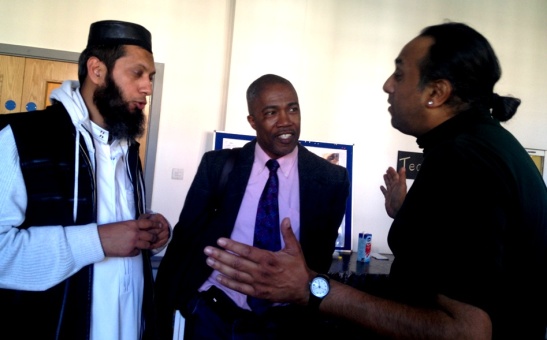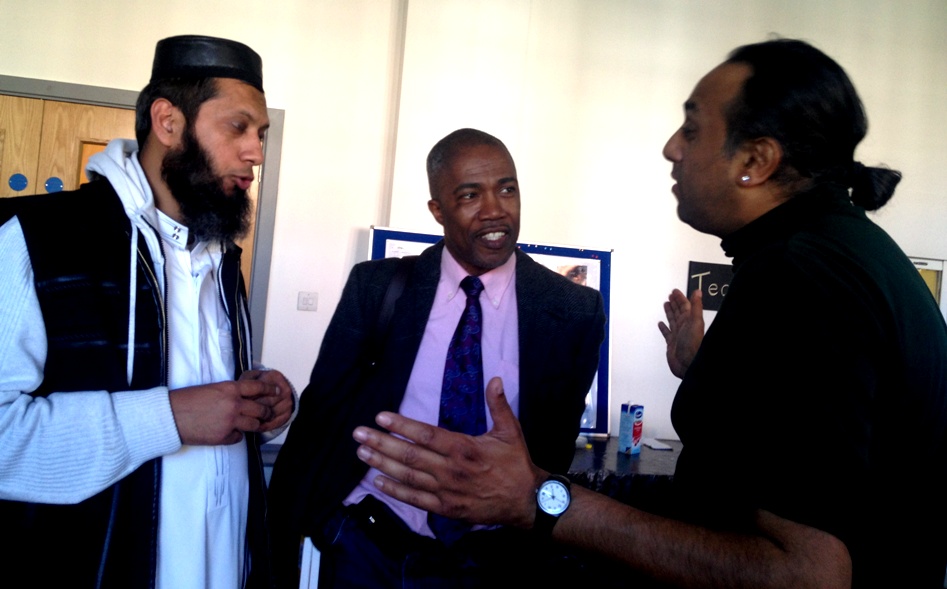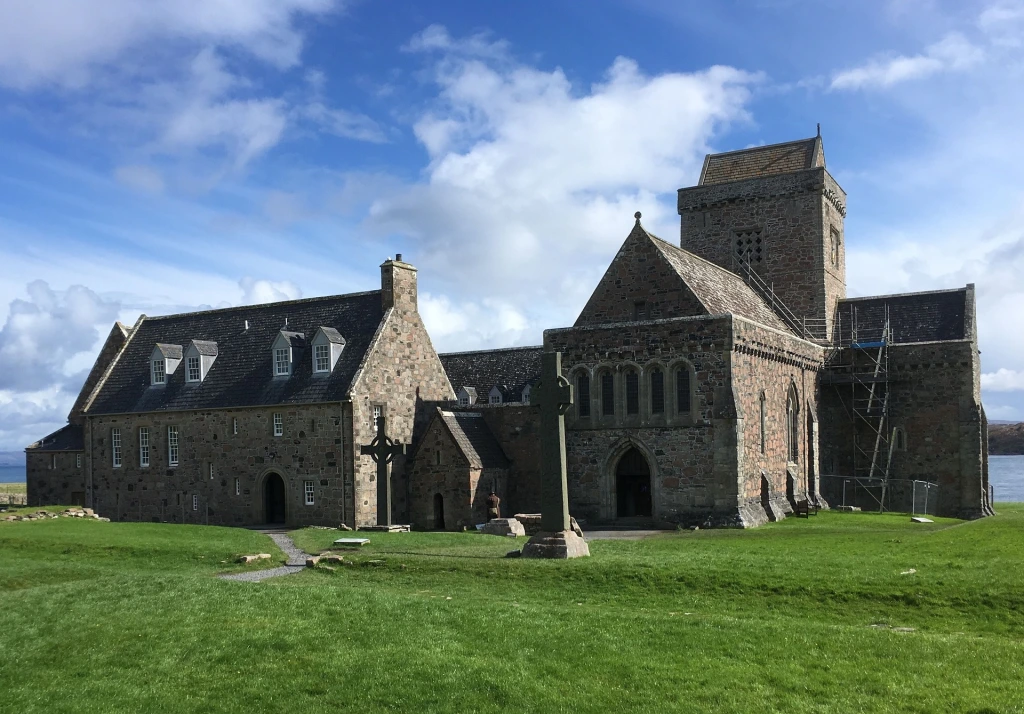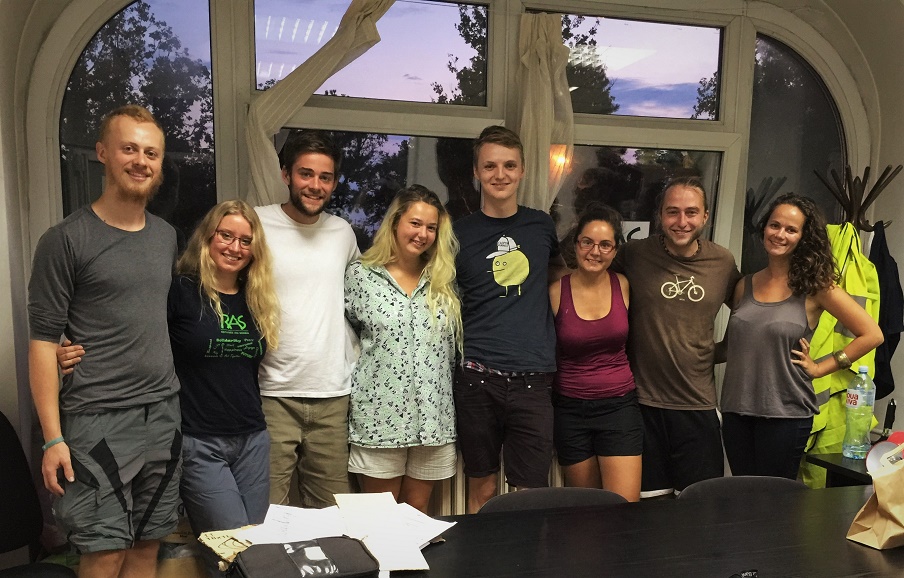
I have measured out my life with coffee spoons”
from TS Eliot, The Love Song of J. Alfred Prufrock.
The latest episode of Analysis has the Quantified Self movement (measuring our daily actions, body data, feelings) up against TS Eliot and Rowan Williams. Can Myers-Briggs, smart phones, self-tracking and happiness apps tell us anything meaningful about ourselves?
A Globalisation debate at Tate Modern last week looked at universities – what makes them effective? Richard Sennett & Stefan Collini argued that academics need to be left alone, not forever measured and ‘accountable’ in a tight kind of way –
“ ‘. . the Chinese began to put serious money into research in the late 1980s’, they had adopted what he called ‘the shopkeeper model’. Everything was tightly controlled and designed to answer carefully defined questions – and the results were ‘dismal, boring and produced no patents’.
That had led them to turn instead to ‘the MIT model’, based on trial and error and the acceptance of inevitable failures, just as painters often scrape away what they have done and start again.”
Ed Miliband was warned against too much dependence on evidence-based policy making in the wake of his welfare reform proposals last week; not everything can be formulated from research – leadership has a role beyond reliance on figures. It is risky; it requires a leap of imagination.
At WCEN’s local history event on Friday, we heard from local religious communities: Wandsworth was where the Shi’a community first arrived (in the 50s) in the UK; we heard of the chilly reception many newly arrived Caribbean Christians experienced when they attended church in the 60s; the Hindu Society and the Sikh Khalsa Centre struggled but got going with energy and financial help from the founders. All these communities now flourish.

Why should we bother with local history when WCEN’s core activity is to improve public services? NHS services are proudly evidence-based. But it’s a different kind of evidence – the evidence of community stories, of history – that make an essential contribution to how they are delivered.
Ignoring the experience of generations, particularly when there has been struggle and discrimination, will mean public services default to the one-size-fits-all approach which, in practice, only fits those parts of the population who feel entitled to receive them. Sooner or later, when digging deep into why mental health services fail to reach the people who need them, history makes an appearance. Poetry, art and music are ways in which our stories are expressed, yet not easily monitored or measured by an app.
Rowan Williams quotes St Augustine, “I have become a question to myself.” Williams says, “It’s what it is to grow up, really, to grasp that our motivation will never be transparent to ourselves.” Grown up public policy on health or higher education is more than data-tracking – it involves risk and imagination, ‘scraping away and starting again’ like painters, and failing, failing again, as Beckett said, and failing better.
And indeed there will be time
To wonder, “Do I dare?” and, “Do I dare?”





